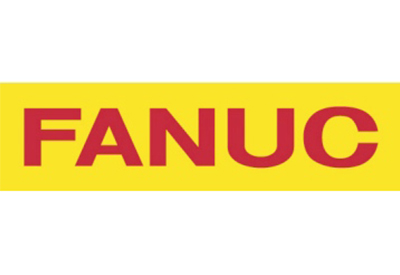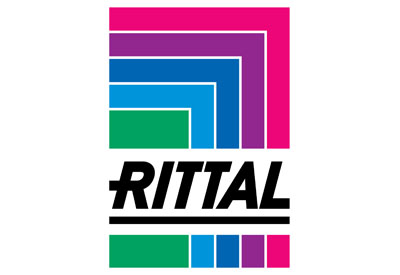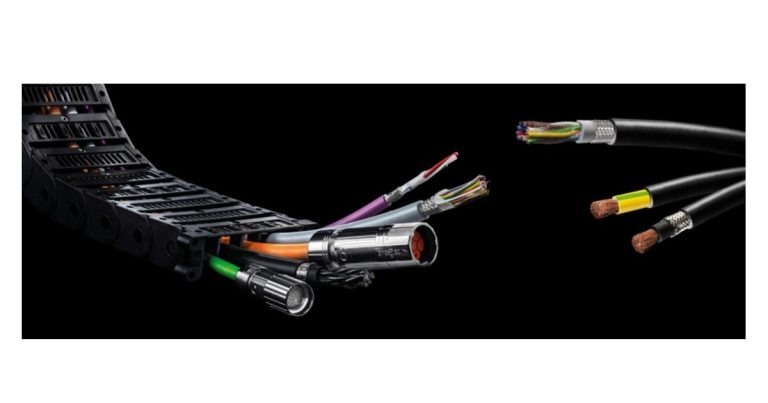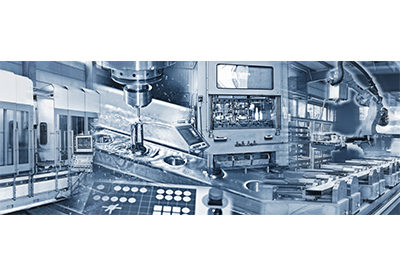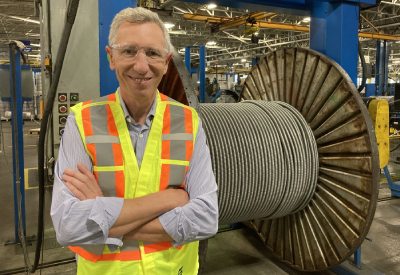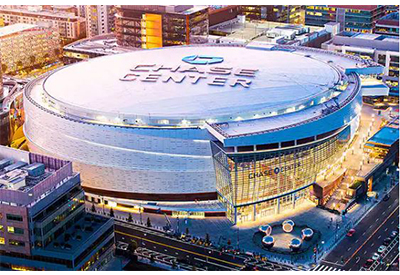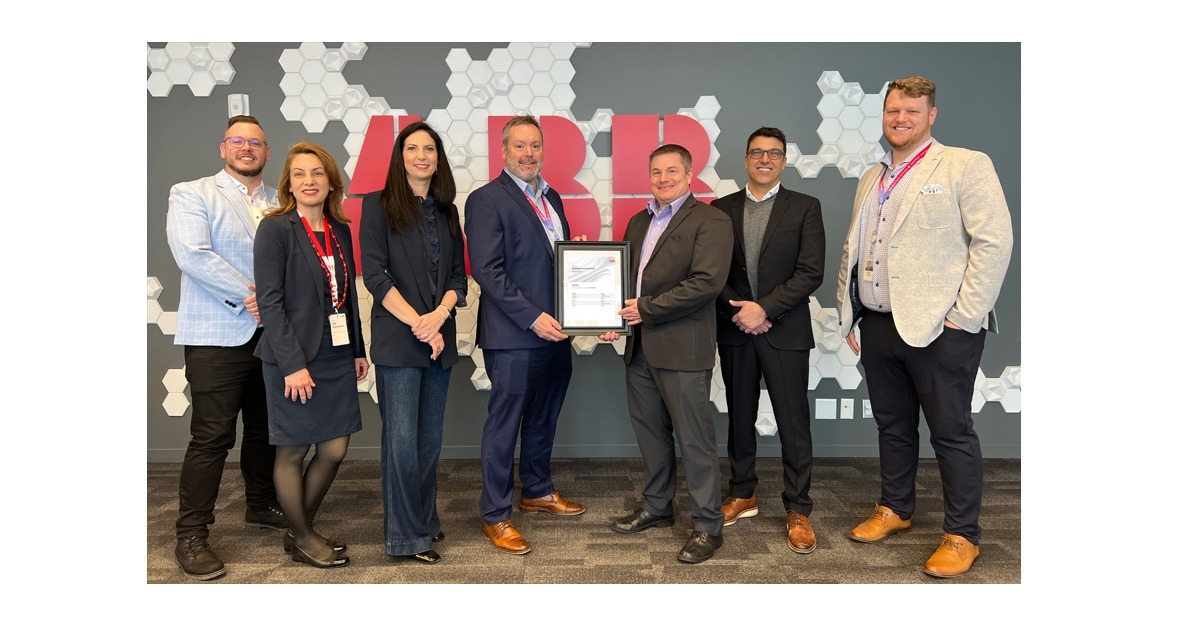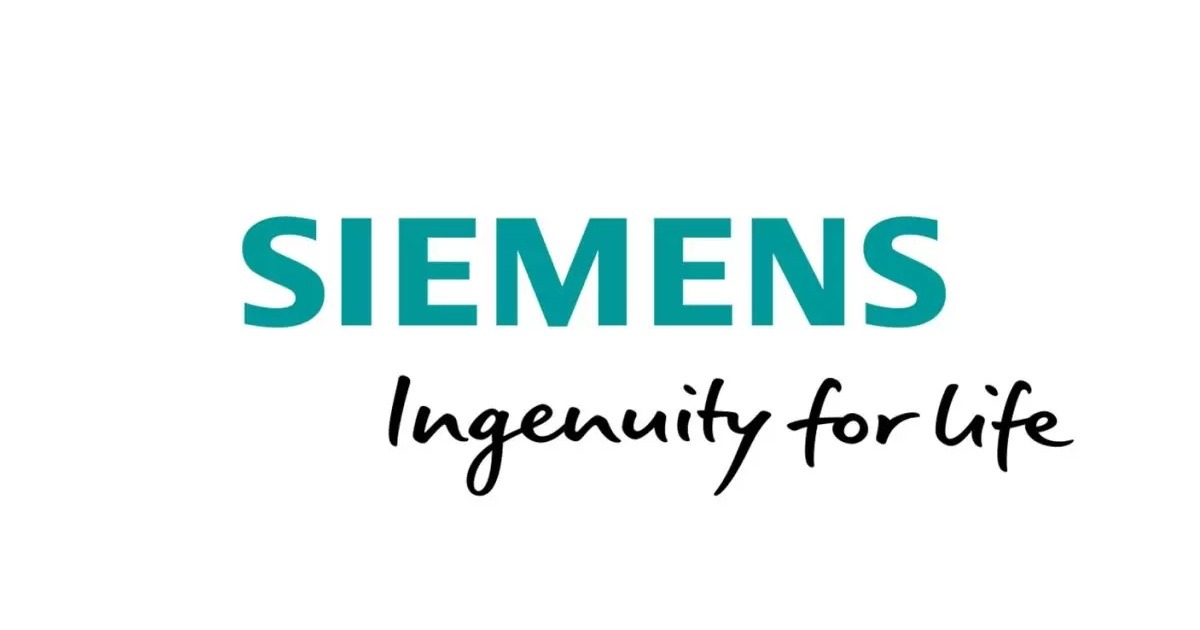How Rittal and EPLAN Achieve Your Automation Goals

June 12, 2024
Market Insight
In the not-so-distant past, planning a road trip meant poring over maps and dealing with uncertainties like road construction, accidents, or bad weather. But with modern technology like GPS navigation, travelers can now anticipate and adjust their routes in real-time.
Similar to road trips, the journey of panel builders, machine builders, and system integrators in industrial enclosures has evolved. Previously, designing and producing electrical panels and enclosures was a manual process prone to errors and delays. Rittal and EPLAN now provide digital tools to create scalable and cost-effective solutions for this journey.
The Importance of Automation
Industry 4.0 and automation are driving forces in today’s manufacturing landscape. Forbes predicts that over 40% of industrial companies will undergo digital transformations by 2022. Additionally, the global industrial automation sector, valued at over $139 billion in 2019, is expected to grow by nearly 9% annually through 2027.
The COVID-19 pandemic has prompted companies to reevaluate their workflows, making automation more crucial than ever. As competitors race to become more flexible and agile, Rittal and EPLAN offer solutions that align with these industry trends.
Understanding EPLAN
EPLAN, Rittal’s sister company, provides digital software and CAE services for machine, plant, and control cabinet engineering. Paired with Rittal’s modular enclosures, EPLAN’s cloud-based tools streamline workflows for panel builders and machine builders. Additionally, system integrators can leverage these tools to reduce downtime and enhance customization.
By synchronizing actions and providing real-time updates, EPLAN helps companies overcome common challenges such as pricing pressures, labor shortages, and delivery demands.
The Path Toward Automation
An automated ecosystem requires end-to-end visibility, from sourcing component parts to integrating finished panels into existing infrastructure. Rittal and EPLAN’s solutions offer data-driven 3D modeling capabilities to reduce errors and seamlessly integrate workflows.
Integrated tools like the EPLAN Data Portal and EPLAN Pro Panel optimize processes, increase efficiency, and reduce errors in control cabinet engineering.
Bringing Automation into Focus
Rittal and EPLAN simplify panel wiring, building, and integration processes, similar to how GPS navigation simplifies road trips. By removing uncertainties and optimizing workflows, they add value to the industrial value chain.
In conclusion, Rittal and EPLAN’s digitalization of manual processes provides a significant advantage to panel builders, machine builders, and system integrators working towards automation goals.

